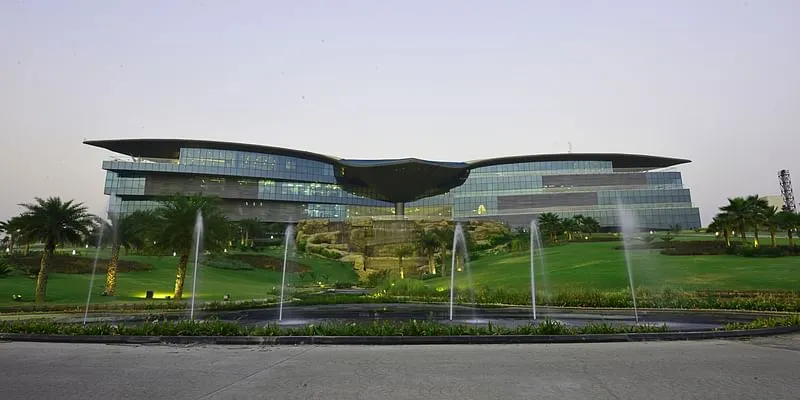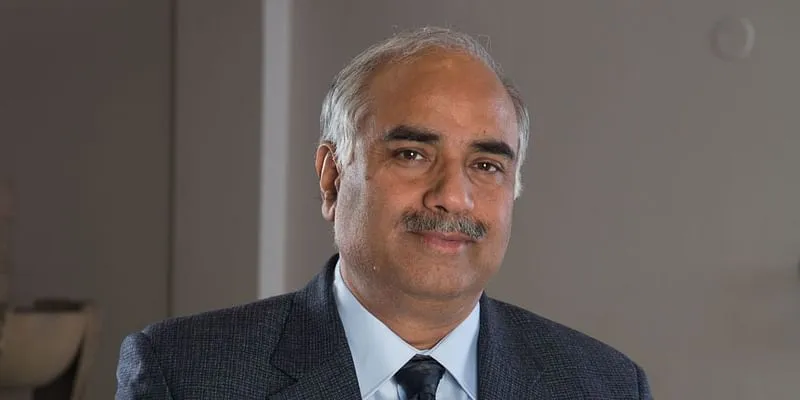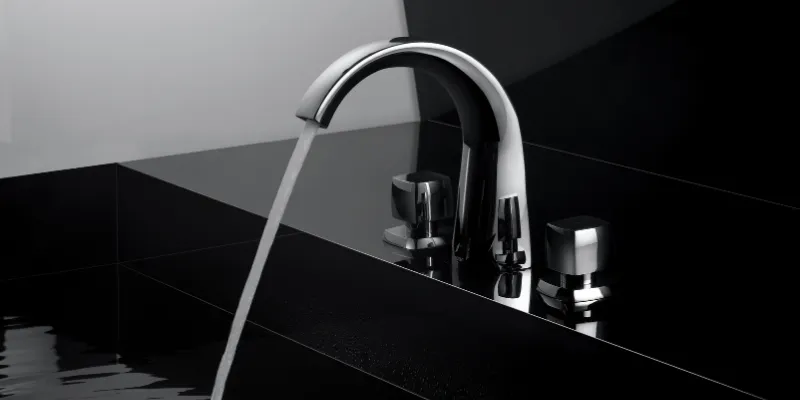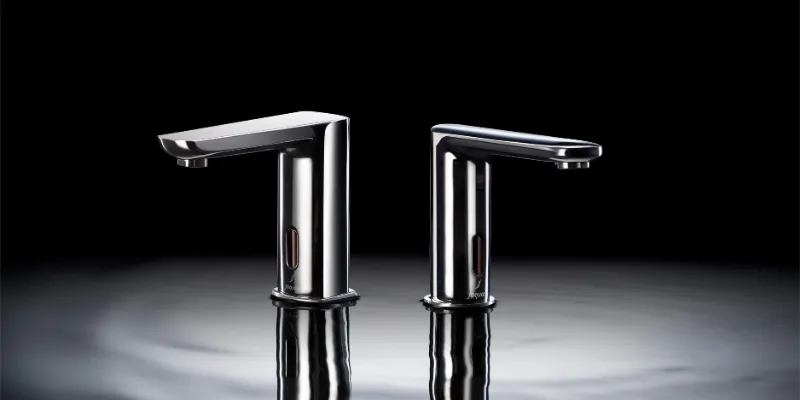How a small bath fittings business in Delhi grew into a Rs 3,600 Cr market leader: the story of Jaquar Group
With its origins in 1960s, Manesar-based bath fittings business Jaquar Group is today a house of brands including Essco (value segment), Jaquar (premium segment), Artize (luxury segment), and Jaquar Lighting (complete LED lighting solutions).
When the Late NL Mehra started his bathroom fittings business in Delhi in 1960, he knew it would be an uphill task. At that time, faucets, taps, and valves were a new industry and were sold as commodities. Nobody saw the value of branded bathroom fittings.
NL Mehra launched a brand named Essco and began building a value-for-money range in the highly unorganised market for bathroom fittings.
He would manufacture the Essco products at a unit in Haryana and sell them with a ten-year warranty. It was a scheme practically unheard of during those times as traders weren’t held accountable for servicing unbranded bath fittings.
Following this customer-centric approach and relying on the founder’s hard work and determination to grow, Essco became reasonably well-known in the market. It reached Rs 30 lakh annual turnover by 1985.
But that was just the beginning of the story for the small bath fittings business.
Little did the founder know it would eventually become Group — a Rs 3,600 crore turnover business, which claims to command over 60 percent market share in the organised bath and sanitaryware sector in India.
Taken to great heights by the second and third generation enterprises of the Mehra family, Jaquar is today almost synonymous with branded bath fittings and sanitary ware in India. CERA Sanitaryware, Parryware, and Hindware are some of the other notable brands in this space.

Jaquar global headquarters at Manesar, Haryana
Early years of growth
“In 1986, along with my brothers Ajay and Krishan, I took the reins of my father’s business. We combined our mother’s name Jai Kaur with the word ‘aqua’ to give the name Jaquar and launch a new premium segment of bath fittings,” says Rajesh Mehra, Director and Promoter, Jaquar Group, in an exclusive interview with SMBStory.
The premium segment for bath fittings too had its share of sector-specific challenges. As it was a relatively nascent category, Jaquar faced resistance from dealers and other potential buyers.
To circumvent the problem of apprehensive dealers, Jaquar decided to reach customers directly. To begin with, Rajesh and his team started marketing Jaquar products to builders, engineers, and retail consumers through small exhibitions.
The company also made customer service accessible to consumers. It offered installation and repair services to clients, thereby instilling in them confidence and credibility about the brand.
“Our approach conveyed a message to builders and dealers that the brand was in it for the long run. Post liberalisation, a slew of international brands made their way to the Indian market, and we knew we had to keep customer faith and trust from gravitating. So, we shifted our focus to enhancing quality, developing products to respond to current needs, and also launched advanced bath fittings that met international specifications,” Rajesh explains.
One such product is Jaquar's advanced flush valve, which it launched in 1987. Jaquar gained significant momentum through the 90s and became a popular name in the organised market for bath fittings.

Rajesh Mehra, Director and Promoter, Jaquar Group
Tapping into new segments
At the turn of the new millennium, the family business realised the only way it could truly become a market leader was through diversification.
“We decided to cater to the needs of all segments by building our portfolio. Thus, in 2000, we started offering whirlpools, shower panels, showers, steam cabins, and spas. Around the same time, we inducted the third generation into the business. We forayed into lighting solutions by manufacturing chandeliers in 2001,” he says.
The diversification efforts continued through 2009 when Jaquar launched water heaters. In 2010, it added sanitary ware to its portfolio.
Today, Jaquar Group is a house of brands including Essco (value segment), Jaquar (premium segment), Artize (luxury segment) and Jaquar Lighting (complete LED lighting solutions).
“We now have a footprint in 45 countries across Europe, Middle East, Asia-Pacific, Africa, and the SAARC region; and five state-of-the-art manufacturing units in India and one in South Korea,” Rajesh adds.
Jaquar claims it produces 28 million bath fittings annually, with the capacity to manufacture 1.25 lakh faucets each day.
In 2020, the 10,000 employee-strong business turned 60. Rajesh believes that over these six decades, there was never a single moment that can be identified as a change maker of destiny.
“My father started Essco from scratch, and we started Jaquar from zero. Over the years, we always retained faith in ourselves and the product. We knew we could make our own brand and destiny. We wanted to give something which the Indian consumer could take pride in owning and using. Our moment of reckoning was to create the premium category at a time when there wasn’t any,” he says.

Jaquar's arc faucet
Retail strategy and COVID-19 impact
In India, the business retails through experiential showrooms called Jaquar Orientation Centres. They are facilities to enable customer decision-making by offering them a single window for purchasing a range of bath fittings and fixtures.
“We have 21 of these centres in India, and these places house the entire Jaquar offering, right from faucets, sanitaryware, shower enclosures, flushing systems, water heaters, and lighting,” Rajesh says, adding that Jaquar also retails through a 4,000 dealer-strong network in India.
With the onset of the COVID-19 pandemic, Jaquar found itself in a unique predicament.
On one hand, the concept of touch and feel is strong in India’s market for bath fittings. Over the years, it has grown to become an integral part of purchase decisions. On the other hand, people are increasingly avoiding touching surfaces in public areas - taps and faucets included.
Identifying this as a concern that is here to stay, Jaquar launched an initiative called Sensor and Sensibility, aimed at encouraging a contactless and functional interface for bath and lighting solutions.
“This product range incorporates our proficient sensory intelligence technology and customisation of existing products to eliminate hand contact. These quality-assured, technology-backed products hope to enable a seamless transition towards a touch-free lifestyle for both public and private spaces,” Rajesh says.

Jaquar's intelligent sensor faucet
Jaquar is now looking to resume manufacturing at full capacity. After gradually reopening its factories post lockdown, the business is now running between 50 percent and 75 percent capacity.
It plans to boost its focus on lighting solutions through a new manufacturing plant. The lighting plant was to be commissioned a few months ago, but was delayed due to the lockdown.
“We also plan to open a water heater manufacturing unit at Kundli this year,” Rajesh adds.
The bath fittings and sanitary ware market in India remains largely fragmented, giving smaller brands the opportunity to increase their market presence. However, Rajesh believes Jaquar’s diverse product portfolio helps it stay one step ahead of competitors.
“The range of offerings we have in terms of category and segments becomes a collective strength that gives us a competitive advantage. This is how we feel we can stay ahead of competition,” he says.
Edited by Megha Reddy











